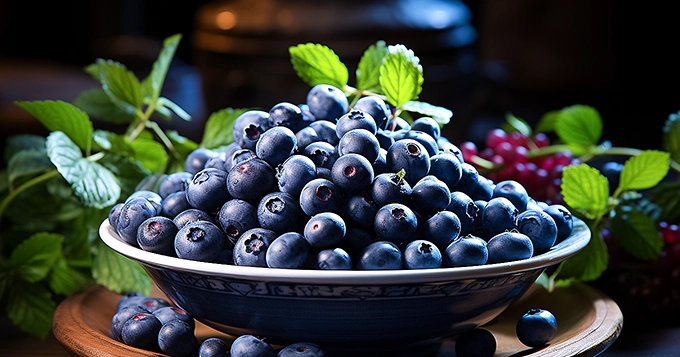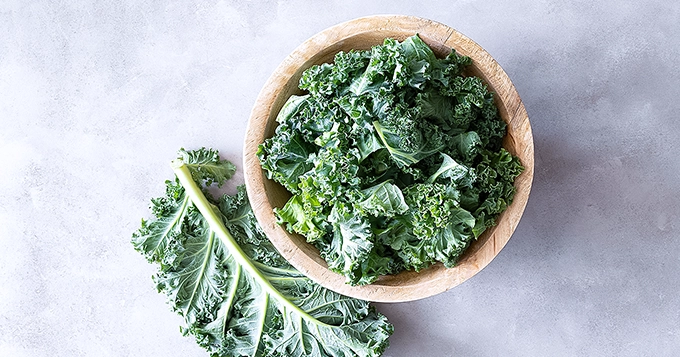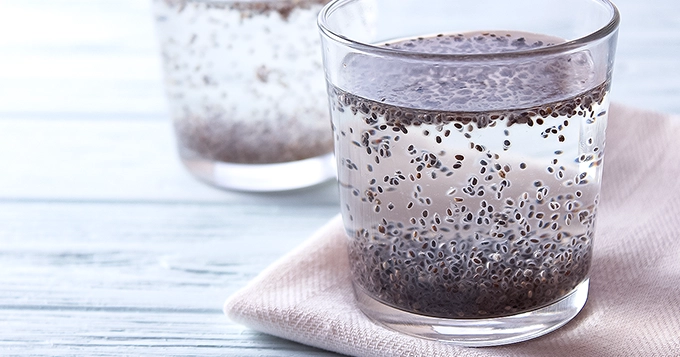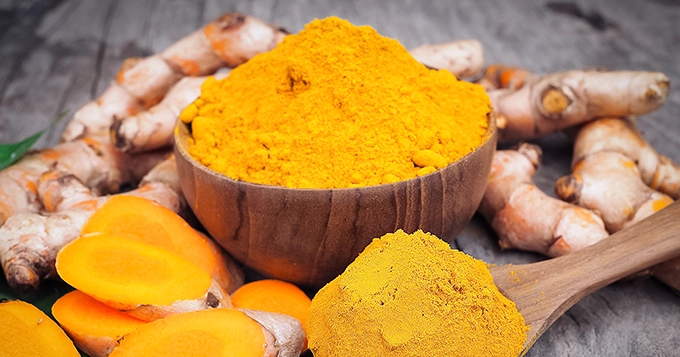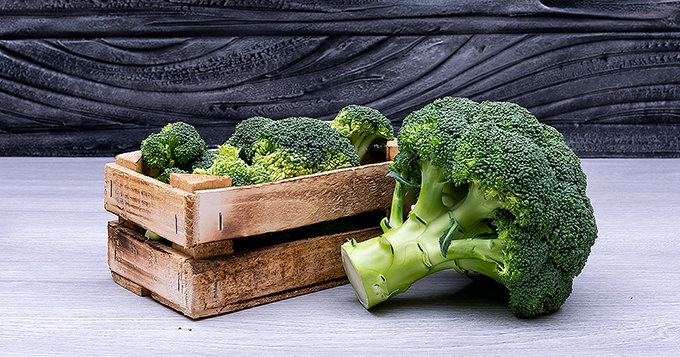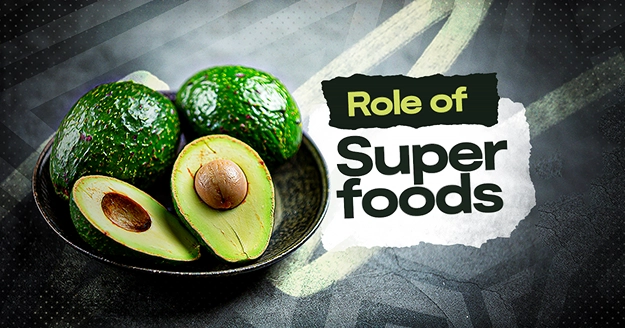As we strive to live a healthier life, you may have come across the term “superfoods.” But what are superfoods, and how can they help us eat a balanced and nutritious diet? Let’s delve into the world of super foods and their crucial role in promoting your overall well-being.
Understanding Super foods
Superfoods are foods that are exceptionally good for our health because they are packed with nutrients like vitamins, minerals, antioxidants, and other essential substances. Adding various superfoods to your diet can provide many health benefits, such as boosting your immune system and improving cognitive function.
Top Superfoods and Their Benefits:
Blueberries
Blueberries are a superfood due to their high nutrient density. These berries are rich in antioxidants, called anthocyanins.
What are anthocyanins? These antioxidants are responsible for giving blueberries that deep blue color. These anthocyanins protect the body from damage caused by free radicals, which can contribute to chronic diseases such as cancer and heart disease.
Blueberries are also a good source of manganese, fiber, and vitamin C, essential for overall health. Studies show that consuming blueberries can improve cognitive function, lower inflammation, and reduce the risk of age-related diseases.
Having blueberries in your diet through fresh or frozen berries, smoothies, or oatmeal can provide a tasty and nutritious addition to your meals.
Salmon
Salmon is considered a superfood due to its high nutrient content and numerous health benefits. This fish is rich in omega-3 acids essential for maintaining good health. Omega-3s reduce inflammation, lower the risk of heart disease, and improve brain function.
This fatty fish is also a good source of selenium, protein, and vitamin D, essential for overall health. Additionally, salmons are low in calories and saturated fat, helpful for maintaining a healthy weight.
Some fun and delicious salmon dishes include grilled or baked fillets, salads, or sushi rolls can provide a delicious and nutritious addition to your meals.
Kale
Kale is a superfood because of its high nutrient density and numerous health benefits. This leafy green contains vitamins K, C, and A, fiber, antioxidants, and minerals such as calcium and iron.
Studies have shown that consuming kale may lower the risk of cancer, improve heart health, and aid in weight loss due to its low-calorie content.
Kale in your salads, smoothies, or sautéed as a side dish can provide a nutritious and delicious addition to your meals.
Quinoa
Quinoa is a superfood complete with all 9 essential amino acids, making it an excellent choice for those seeking a well-rounded and nutritious source of plant-based protein.
Quinoa also has fiber, magnesium, and iron. Additionally, quinoa is gluten-free and can be used as a substitute for pasta or rice in many dishes.
You can add quinoa to your salads, soups, or as a side dish.
Chia Seeds
Chia seeds are on our list of superfoods due to their high nutritional value and health benefits. These tiny seeds are rich in protein, fiber, and omega-3. Chia seeds can regulate blood sugar levels, reduce inflammation, and promote heart health. They can also help prevent overeating by expanding in the stomach, making you feel satiated quicker and for longer.
You can add chia seeds into your diet by mixing them to smoothies, oatmeal, yogurt, or as a substitute for eggs in baking.
Avocados
Avocado is considered one of the best super foods for weight loss since it has the ability to boost metabolism and control hunger. This delicious fruit is rich in fiber, healthy fats, and vitamins and minerals, including vitamins C, K, and potassium.
Avocados can improve heart health by reducing levels of bad cholesterol and lowering the risk of heart disease.
This fruit can be enjoyed in many ways, such as in salads, sandwiches, or as a healthy alternative to traditional spreads like butter or mayo.
Turmeric
The active ingredient in turmeric, curcumin, has anti-inflammatory and antioxidant properties.
This food can help to reduce inflammation in the body, caused by certain chronic diseases such as heart disease, cancer, and Alzheimer’s. It can also improve brain function and prevent cognitive decline.
Turmeric can easily be incorporated into your meals. It is often used in soups, teas, and curries and can also be a supplement for added health benefits.
Spinach
Spinach is a leafy green vegetable with high nutritional value and health benefits. This veggie contains vitamins and minerals, including vitamin K, A, iron, and calcium. It is also a source of antioxidants that prevent cell damage and reduce the risk of certain chronic diseases such as cancer and heart disease.
Spinach is low in calories and can be easily added to your meals by adding it to smoothies, salads, or as a side dish. It is also a great alternative to traditional greens like lettuce in sandwiches and wraps.
Broccoli
Broccoli contains vitamins and minerals, including vitamins C, K, fiber, and folate.
Broccoli contains sulforaphane, a compound shown to have cancer-fighting properties. It can also help reduce inflammation in the body and improve heart health.
Broccoli can be easily incorporated into your diet by steaming, roasting, or stir-frying it as a side dish or adding it to salads or soups. It is also a great addition to pasta dishes or as a rice substitute in stir-fries.

